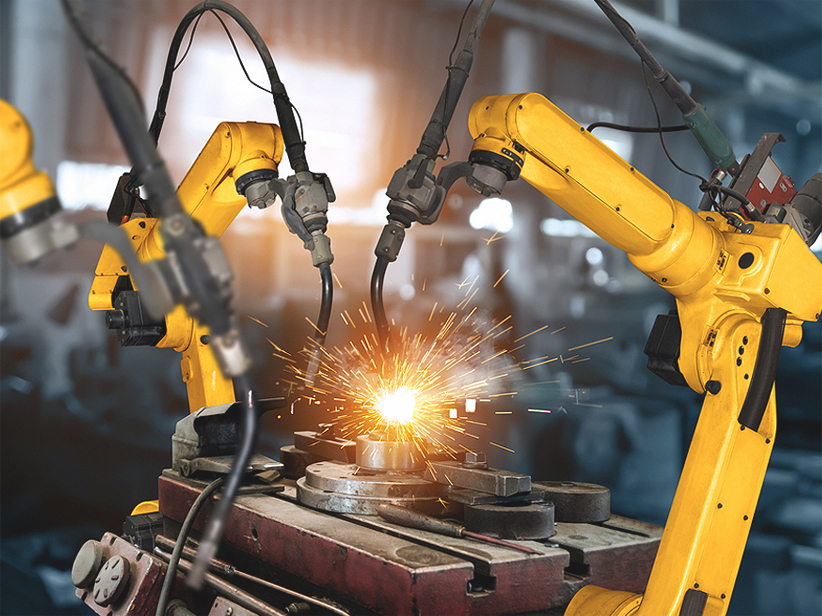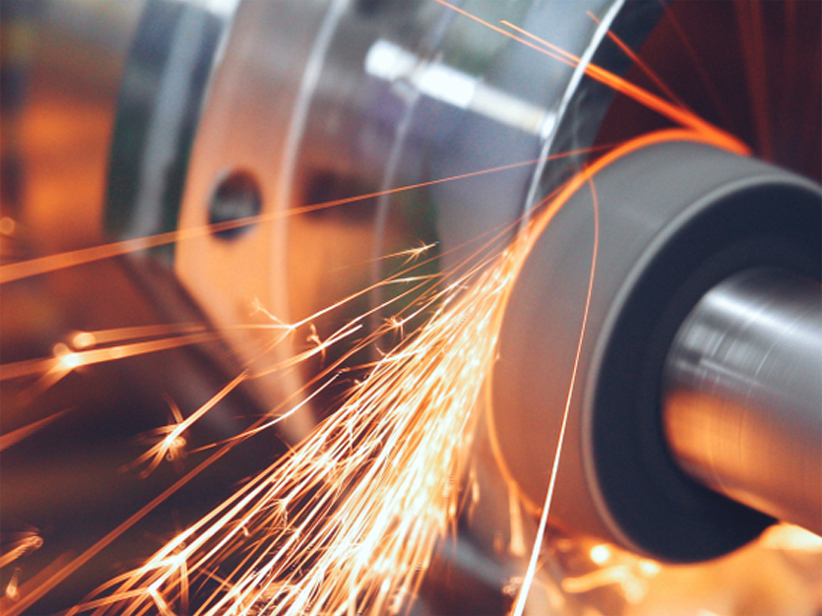Stainless Steel - Grade 625/2.4856
Description
Alloy 625/2.4856, also known as Inconel 625, is a nickel-chromium-molybdenum alloy renowned for its high strength, toughness, and excellent resistance to corrosion, particularly in extreme environments. Its unique composition provides significant resistance to oxidation and scaling at elevated temperatures, making it suitable for various demanding applications.
Chemical Composition
The chemical composition of Alloy 625 is as follows:
| Element | Percent by Weight |
|---|---|
| C | 0.010 max |
| Mn | 0.50 max |
| P | 0.015 max |
| S | 0.015 max |
| SI | 0.50 max |
| Cr | 20.00 - 23.00 |
| Ni | Balance |
| Mo | 8.00 - 10.00 |
| Nb | 3.15 - 4.15 |
| Fe | 5.00 max |
Mechanical Properties
The mechanical properties of Alloy 625 include:
- Yield Strength (Rp 0.2): Approximately 330 MPa (47.9 ksi) at room temperature
- Tensile Strength (Rm): Approximately 730 MPa (105.9 ksi) at room temperature
- Elongation: 35% (typical)
These properties may vary with temperature, with significant retention of strength at both cryogenic and elevated temperatures.
Thermal & Physical Properties
- Density: 8.4 g/cm³
- Melting Point: Approximately 1290-1350 °C (2354-2462 °F)
- Thermal Conductivity: 12.4 W/m•K at 20 °C (68 °F)
Other Designations
- UNS:N06625
- AMS: 5599
- W.Nr. : 2.4856
- ASTM: B 443
- EN: 10095
Fabrication and Heat Treatment
Alloy 625/2.4856 can be fabricated using various methods, including hot working and cold forming. The recommended hot working temperature range is 1700 to 2150 °F (927 to 1177 °C).
Heat treatment options include:
- Solution Annealing: 2000-2200 °F (1093-1204 °C) with air or rapid quenching.
- Annealing: 1600-1900 °F (927-1038 °C) with air or rapid quenching.
- Stress Relieving: 1100-1500 °F (593-815 °C) with air quenching.
Each heat treatment process enhances specific properties, such as creep resistance and tensile strength.
Applications
Alloy 625 is utilized across various industries, including:
- Aerospace components
- Chemical processing equipment
- Marine applications (e.g., submarine propulsion motors)
- Heat exchangers
- Exhaust systems
- Fasteners and bellows
Its outstanding resistance to pitting, crevice corrosion, and stress corrosion cracking makes it ideal for use in harsh environments.
Supplied Forms
Alloy 625 is available in multiple forms, including:
- Bars
- Coils
Features
- High strength and mechanical properties at both low and high temperatures.
- Excellent oxidation resistance up to 1050 °C (1922 °F).
- Good weldability and fabricability.
- Resistance to a wide range of corrosive environments, including acids and chlorides.
DIN Number
The relevant DIN number for Alloy 625 is DIN 17752 for rod and bar applications, and DIN 17754 for forgings.






